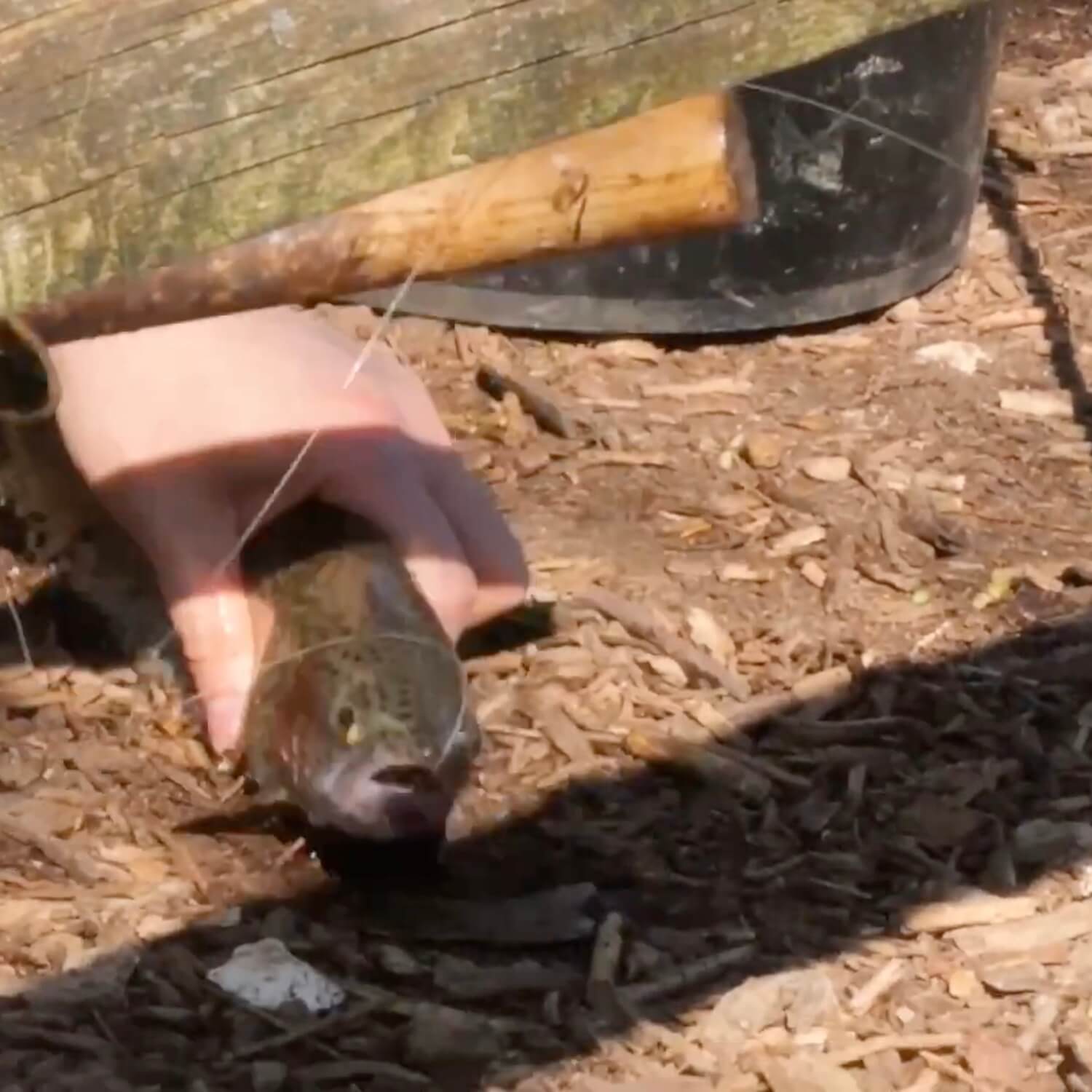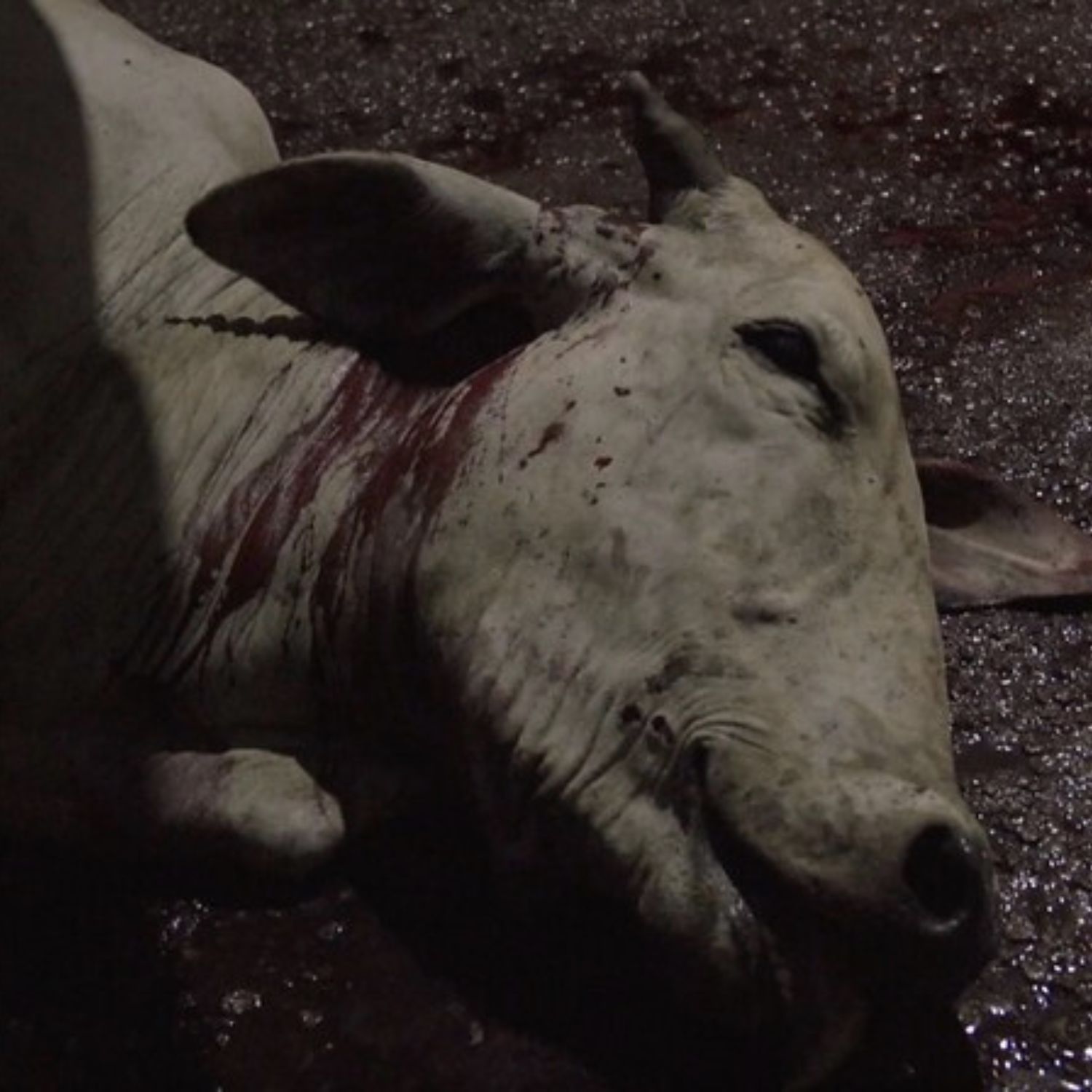Trade negotiations risk foie gras import ban
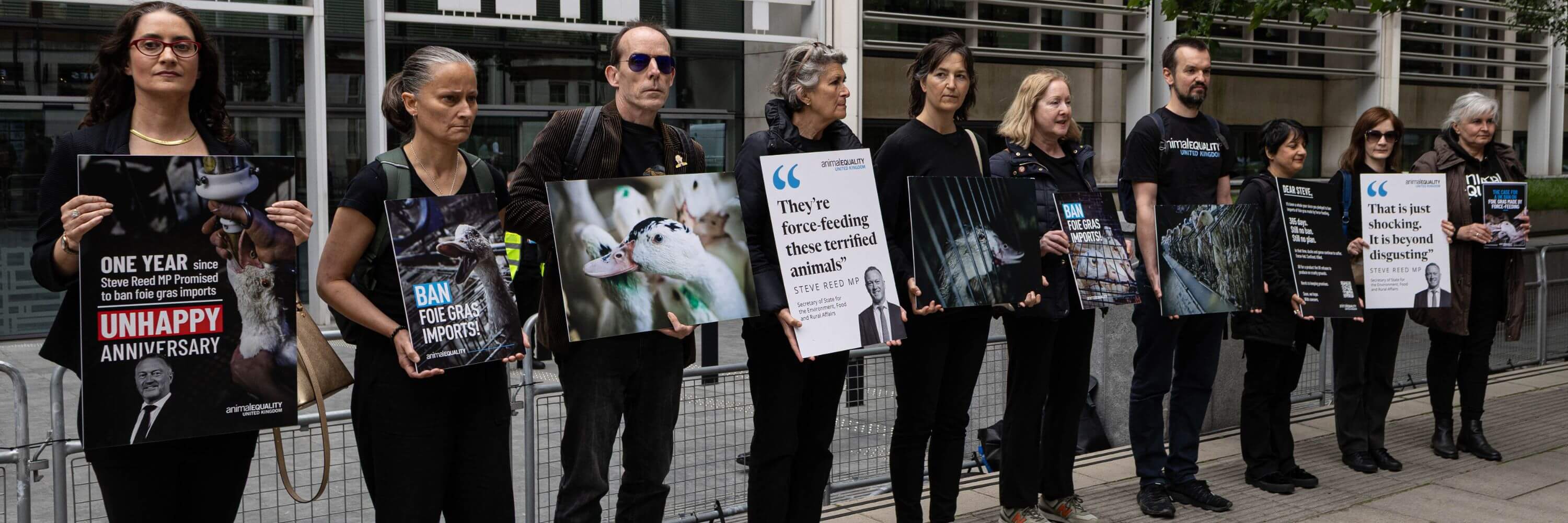

On 4th June 2024, the now Labour Government committed publicly to a foie gras import ban, with one key politician posting a video to his account on X. It showed him reacting to a video of geese and ducks being painfully force-fed to produce foie gras. He calls the method ‘disgusting‘ and ‘shocking‘, and makes a clear promise: “Labour will ban the import of foie gras that is made following these abhorrent, cruel practices […] a vote for labour is a vote for animals.”
It has been well over a year since the posting of this video, and foie gras imports continue. In a country where nearly nine in ten people support the ban – as a recent YouGov poll commissioned by Animal Equality UK revealed – the delay is unacceptable. An Animal Equality supporter contacted the Government, demanding answers.
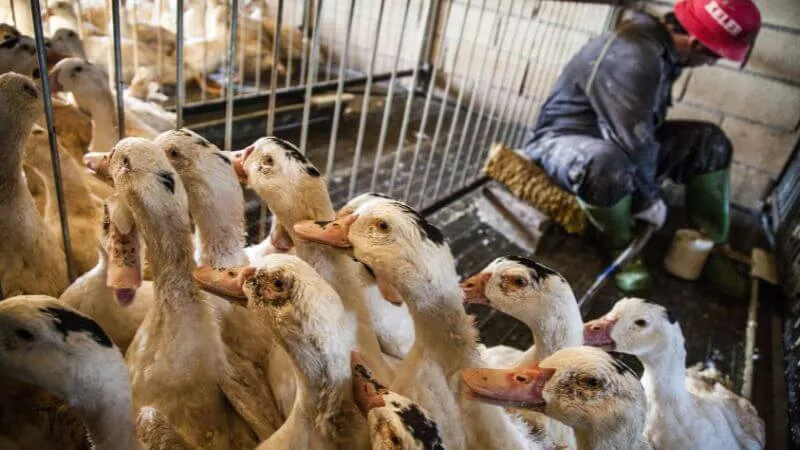
Their response? The Government refused to provide clarity on future action due to private discussions with international trade partners and it is ‘too early to discuss’ a ban on imports. The letter cites the Sanitary and Phytosanitary (SPS) Agreement as its reason for the continued silence.
But trade is no excuse, as other countries globally have evidenced. Brazil is on the cusp of banning production and commercialisation of foie gras and the country’s bill, PL 90/2020, will be up for voting anytime between now and the end of the year. Regardless of this Bill, France and Brazil continue to enjoy thriving trade, and in a meeting between Brazilian President, Lula, and French businesspeople on 6th June, France indicated an investment of up to £13.61 billion into the Brazilian economy within the next five years.
Brazil is not an isolated case. In 2014 India banned the importation of foie gras, making it the first country to close its borders to this cruel product. France and India’s trade relationship has been growing steadily in the decade since, reaching up to approximately £9.9 billion in 2023-24; France is also India’s 11th largest investor, and there are no signs of this changing due to the country’s ban of foie gras.
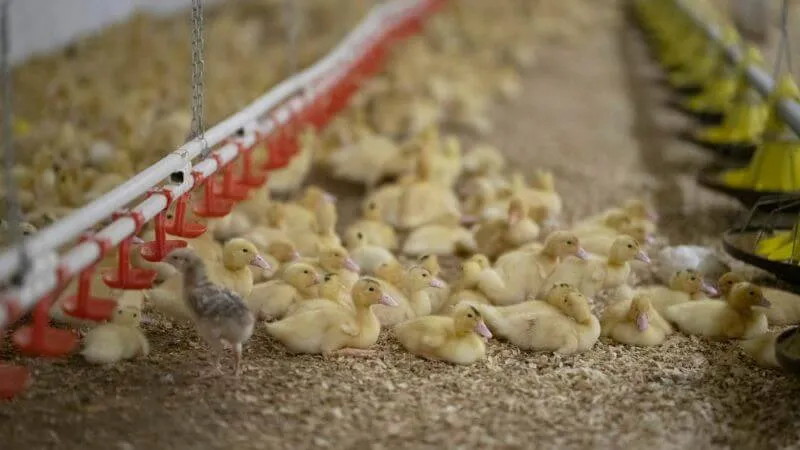
These examples prove that the UK has no excuse to continue outsourcing this cruelty and that trade with Europe or France is not at risk.
The Government made a public promise in the run up to the election to end the import of foie gras made by force-feeding, a product of immense animal cruelty. Surely officials are not willing to now trade away that promise behind closed doors? Britons want to see an end to this cruel product on our shores – the Government must represent its people, not cave in to vested interests from those overseas. Prioritising profit through trade deals over genuine animal protection is unacceptable to the British public, especially since nearly 9 out of 10 are in favour of a ban. A halt on foie gras imports cannot be sacrificed at the negotiation table.
-Abigail Penny, Executive Director, Animal Equality UK
Citizens up and down the UK have made it clear that a foie gras ban must happen and voted for representatives who promised to enact this ban. The UK population has always shown its concern for animals; it was the first nation to establish a charity advocating for animals, it passed the world’s first law for animals over 200 years ago, and now people are demanding a ban on foie gras.
Make your voice heard and call on the Government to stop this needless suffering from entering our shores.
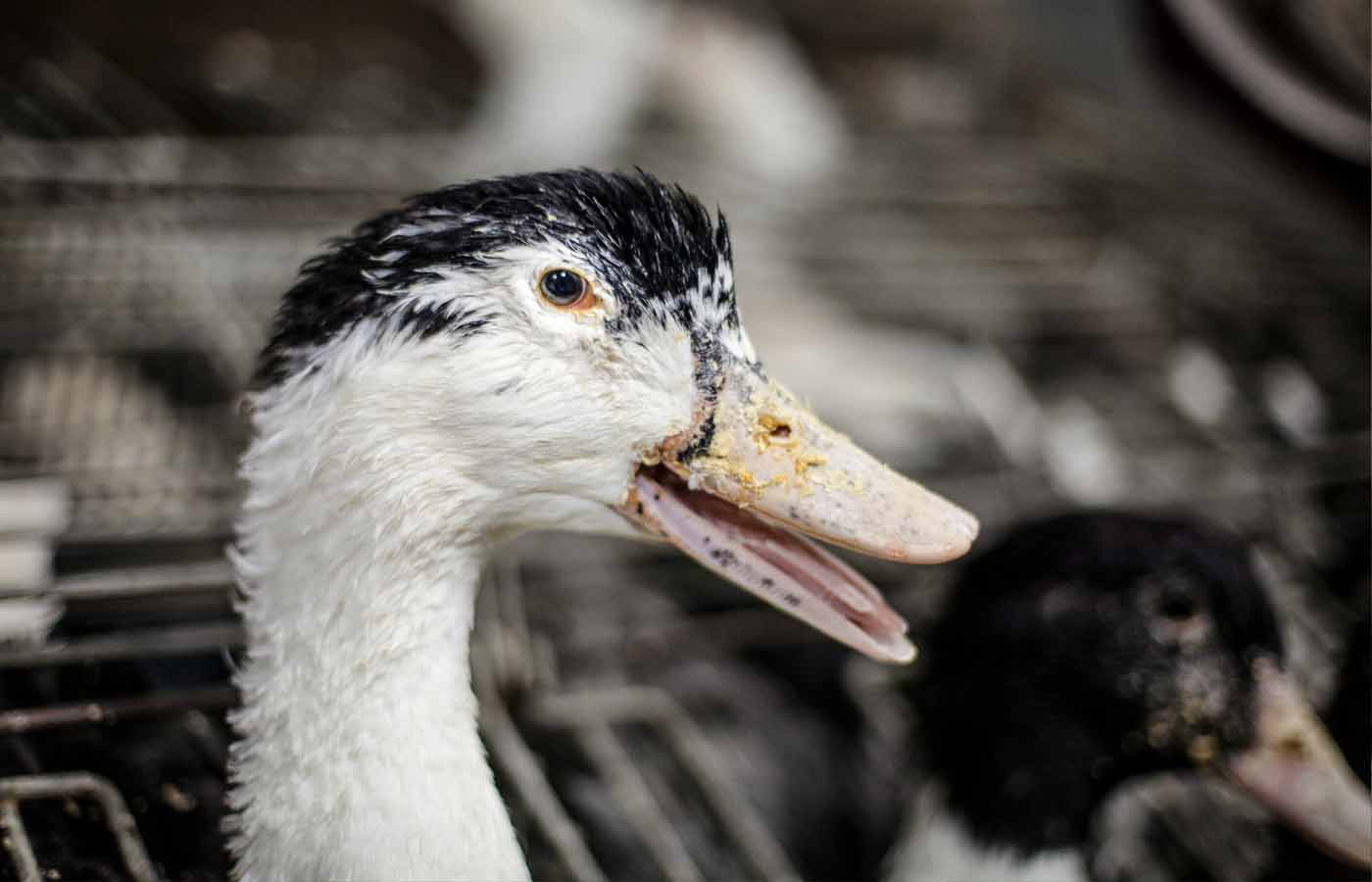
END THE CRUELTY
Foie gras is immensely cruel. Its production causes ducks and geese severe physical and psychological pain. You can protect ducks and geese by opting for plant-based alternatives.

